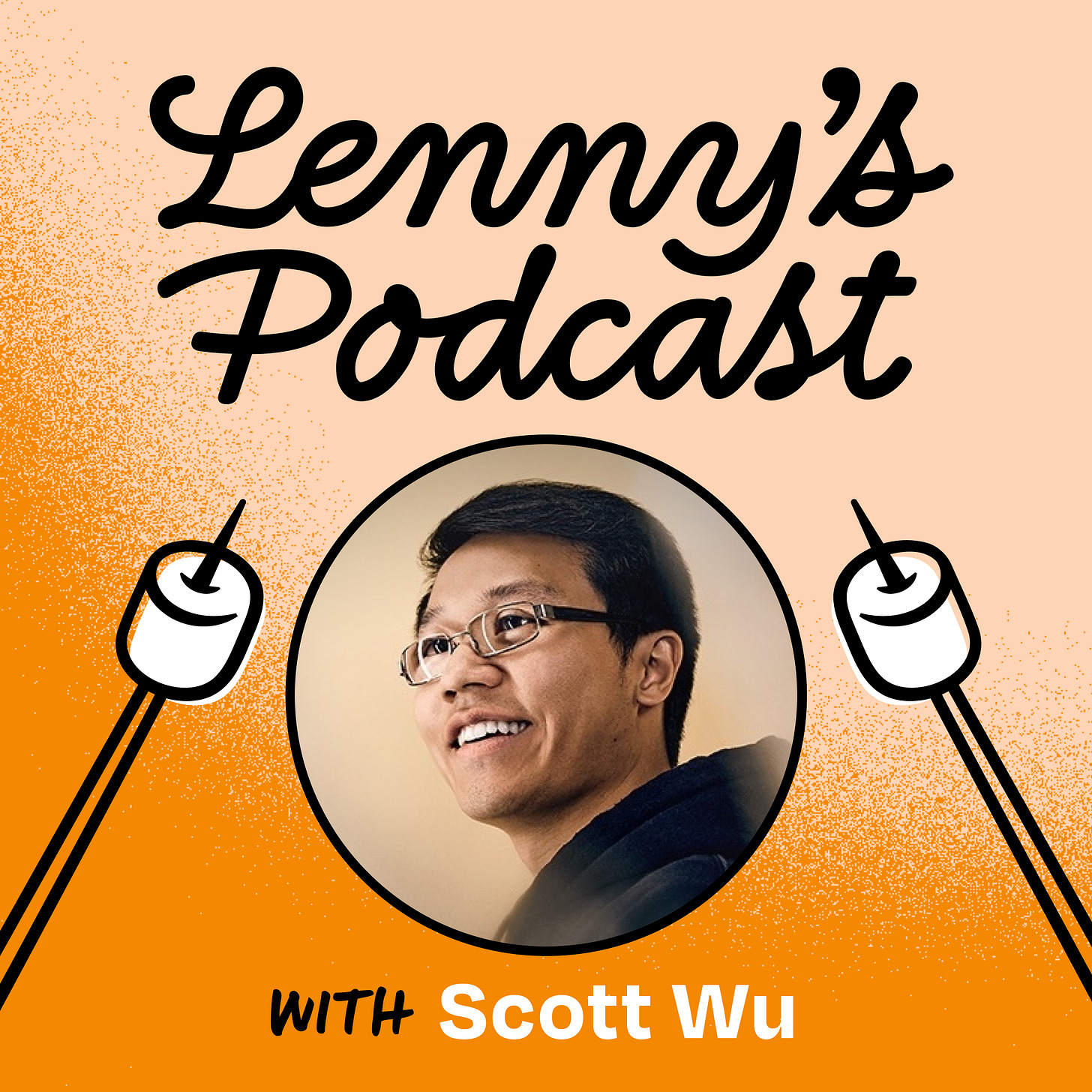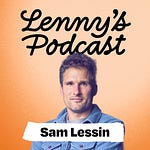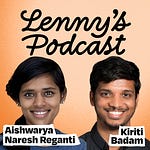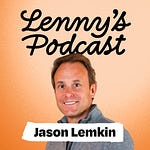Brought to you by:
Enterpret—Transform customer feedback into product growth
Paragon—Ship every SaaS integration your customers want
Attio—The powerful, flexible CRM for fast-growing startups
Scott Wu is the co-founder and CEO of Cognition, the company behind Devin—the world’s first autonomous AI software engineer. Unlike other AI coding tools, Devin works like an autonomous engineer that you can interact with through Slack, Linear, and GitHub, just like with a remote engineer. With Scott’s background in competitive programming and a previous AI-powered startup, Lunchclub, teaching AI to code has become his ultimate passion.
What you’ll learn:
How a team of “Devins” are already producing 25% of Cognition’s pull requests, and they are on track to hit 50% by year’s end
How each engineer on Cognition’s 15-person engineering team works with about five Devins each
How Devin has evolved from a “high school CS student” to a “junior engineer” over the past year
Why engineering will shift from “bricklayers” to “architects”
Why AI tools will lead to more engineering jobs rather than fewer
How Devin creates its own wiki to understand and document complex codebases
The eight pivots Cognition went through before landing on their current approach
The cultural shifts required to successfully adopt AI engineers
Some takeaways:
Devin is a fully autonomous AI engineer that integrates into your team’s tools (Slack, Linear, GitHub) and autonomously handles writing code and making making pull requests.
AI engineers are evolving at an unprecedented pace, with Devin progressing from “high school CS student” to “junior engineer” in just one year.
Engineers are moving from bricklayers to architects—being able to focus on high-level design while AI handles implementation.
Adopting AI engineers requires a mindset shift—start with small, well-defined tasks and treat AI as a junior team member that learns and improves.
AI will create more engineering jobs, not fewer, as increased efficiency leads to greater demand for software (Jevons paradox in action).
Focus on the three to five things you always hear but forget about: hire the best people, move fast, stay obsessively close to the customer, and build something people want.
Where to find Scott Wu:
• LinkedIn: https://www.linkedin.com/in/scott-wu-8b94ab96/
In this episode, we cover:
(00:00) Introduction to Scott Wu and Devin
(09:13) Scaling and future prospects
(10:23) Devin's origin story
(17:26) The idea of Devin as a person
(22:19) How a team of “Devins” are already producing 25% of Cognition’s pull requests
(25:17) Important skills in the AI era
(30:21) How Cognition’s engineering team works with Devin's
(34:37) Live demo
(42:20) Devin’s codebase integration
(44:50) Automation with Linear
(46:53) What Devin does best
(52:56) The future of AI in software engineering
(57:13) Moats and stickiness in AI
(01:01:57) The tech that enables Devin
(01:04:14) AI will be the biggest technology shift of our lives
(01:07:25) Adopting Devin in your company
(01:15:13) Startup wisdom and hiring practices
(01:22:32) Lightning round and final thoughts
Referenced:
• Devin: https://devin.ai/
• GitHub: https://github.com/
• Linear: https://linear.app/
• Waymo: https://waymo.com/
• GitHub Copilot: https://github.com/features/copilot
• Cursor: https://www.cursor.com/
• Anysphere: https://anysphere.inc/
• Bolt: https://bolt.new/
• StackBlitz: https://stackblitz.com/
• Cognition: https://cognition.ai/
• v0: https://v0.dev/
• Vercel: https://vercel.com/
• Everyone’s an engineer now: Inside v0’s mission to create a hundred million builders | Guillermo Rauch (founder and CEO of Vercel, creators of v0 and Next.js): https://www.lennysnewsletter.com/p/everyones-an-engineer-now-guillermo-rauch
• Inside Bolt: From near-death to ~$40m ARR in 5 months—one of the fastest-growing products in history | Eric Simons (founder and CEO of StackBlitz): https://www.lennysnewsletter.com/p/inside-bolt-eric-simons
• Assembly: https://en.wikipedia.org/wiki/Assembly_language
• Pascal: https://en.wikipedia.org/wiki/Pascal_(programming_language)
• Python: https://www.python.org/
• Jevons paradox: https://en.wikipedia.org/wiki/Jevons_paradox
• Datadog: https://www.datadoghq.com/
• Bending the universe in your favor | Claire Vo (LaunchDarkly, Color, Optimizely, ChatPRD): https://www.lennysnewsletter.com/p/bending-the-universe-in-your-favor
• OpenAI’s CPO on how AI changes must-have skills, moats, coding, startup playbooks, more | Kevin Weil (CPO at OpenAI, ex-Instagram, Twitter): https://www.lennysnewsletter.com/p/kevin-weil-open-ai
• Behind the product: Replit | Amjad Masad (co-founder and CEO): https://www.lennysnewsletter.com/p/behind-the-product-replit-amjad-masad
• Windsurf: https://windsurf.com/
• COBOL: https://en.wikipedia.org/wiki/COBOL
• Fortran: https://en.wikipedia.org/wiki/Fortran
• Magic the Gathering: https://magic.wizards.com/en
• Aura frames: https://auraframes.com/
• AirPods: https://www.apple.com/airpods/
• Steven Hao on LinkedIn: https://www.linkedin.com/in/steven-hao-160b9638/
• Walden Yan on LinkedIn: https://www.linkedin.com/in/waldenyan/
Recommended books:
• How to Win Friends & Influence People: https://www.amazon.com/How-Win-Friends-Influence-People/dp/0671027034
• The Power Law: Venture Capital and the Making of the New Future: https://www.amazon.com/Power-Law-Venture-Capital-Making/dp/052555999X
• The Great Gatsby: https://www.amazon.com/Great-Gatsby-F-Scott-Fitzgerald/dp/0743273567
Production and marketing by https://penname.co/. For inquiries about sponsoring the podcast, email [email protected].
Lenny may be an investor in the companies discussed.














